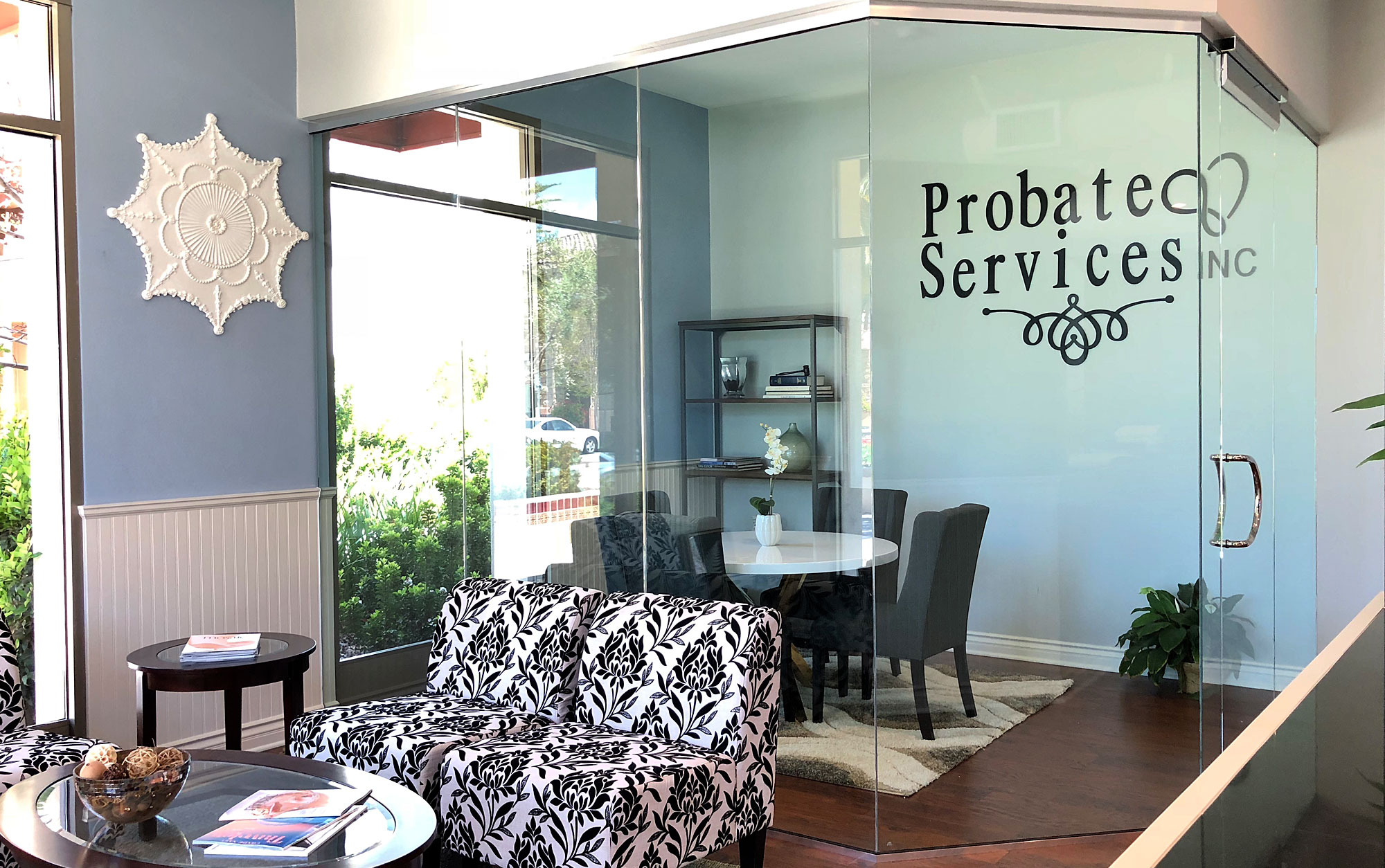When it is a matter of saving a loved one who can no longer decide for themselves, most families in California have the same question on their mind: what is conservatorship and how is it different from guardianship?
These legal terms are sometimes used interchangeably, but in reality, they serve very different purposes. If you’re navigating this process, working with a professional like Angelique Friend, who provides compassionate and knowledgeable probate services in California, can make all the difference.
What is Conservatorship?
Conservatorship is a legal agreement that the court makes where they appoint an individual (referred to as the conservator) to take care of the personal and/or financial matters of an adult who cannot do so for themselves.
Conservatorship in California typically pertains to:
- Adults with Alzheimer’s disease or dementia
- Adults with severe disabilities or mental illness
- Older adults who are not able to handle finances or medical care
There are two types of conservatorship in California:
Conservatorship of the Person – decisions regarding health, living situation, and daily needs.
Conservatorship of the Estate – managing money affairs such as bills, investments, and property.
“Pro Tip: Always seek the advice of a seasoned probate specialist like Angelique Friend prior to initiating the conservatorship process—it saves time, stress, and unnecessary court delays.”
What is Guardianship?
Guardianship, however, comes into play when the court selects a person to look after a minor child below the age of 18. This is where:
- The parents of a child have passed on
- Parents are incapable of taking care of the child because of sickness, imprisonment, or other causes
- A child needs stable care and housing
Guardians are tasked with both the welfare and economic interests of the child until they reach 18 years old.
Why Families in California Turn to Conservatorships
The California courts will recognize conservatorship only when there are no other options (such as power of attorney) available. Families seek conservatorship for:
- Shielding elderly parents with dementia
- Control over finances for a person with mental illness
- Protection from financial exploitation of vulnerable adults
The process can be emotionally and legally intensive—which is why professional advice is important.
How Angelique Friend Assists Families
Its complex California conservatorship and guardianship statutes may be daunting, all the more so hen feelings already are running high. Angelique Friend is recognized throughout California for assisting families with compassion and skill, meticulously tending to every legal nuance.
Her advice assists clients:
- File petitions properly and in a timely manner
- Prepare confidently for court hearings
- Handle ongoing reporting obligations to the court
When you’re making such critical life choices, having an expert by your side is reassuring.
FAQs on Guardianship and Conservatorship
Q1: Can I exclude conservatorship with a Power of Attorney?
Yes, if established beforehand. Nevertheless, after a person becomes incapacitated, a conservatorship could be the only solution.
Q2: How long does the conservatorship process take in California?
It may take from a few weeks to months, depending on the nature of the case.
Q3: Is guardianship equal to adoption?
No. Guardianship provides legal authority to nurture a child but does not end the biological parents’ rights.
Q4: Can conservatorship be temporary?
Yes, courts can provide temporary conservatorship in emergency situations pending a final decision.
Final Thoughts
Knowing the difference between conservatorship and guardianship is important in making decisions on behalf of your loved one in California. If you are wondering “what is conservatorship and does it apply to my loved ones?”—you don’t have to navigate through the process by yourself.
With Angelique Friend, you will have professional guidance in navigating court processes, safeguarding your loved one, and making sure their best interests are always protected.


Connect With Us